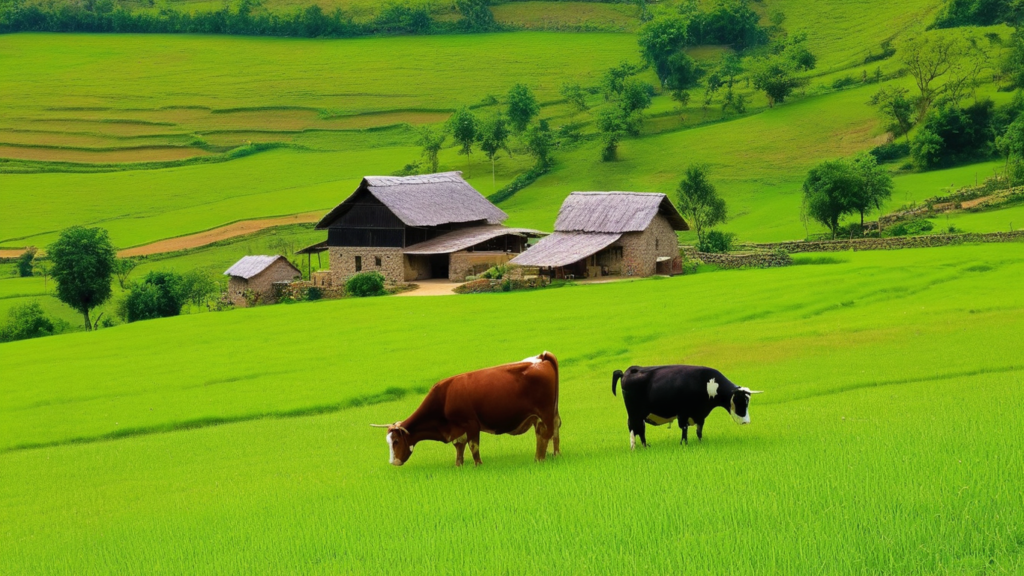Necessary Survival Skills for You

Survival situations can arise unexpectedly, from getting lost in the wilderness to facing natural disasters or even urban emergencies. Developing essential survival skills is crucial for anyone, as they can mean the difference between life and death in critical situations. In this comprehensive guide, we’ll explore the necessary survival skills you need to navigate and thrive in any scenario.
Introduction to Survival Skills
Survival skills encompass a range of techniques and knowledge necessary to survive and endure in challenging environments or circumstances. While some skills are basic and universal, others require more specialized training and preparation. Regardless, having a repertoire of survival skills equips individuals to handle adversity and emergencies effectively.
Importance of Developing Survival Skills
In today’s unpredictable world, possessing survival skills is more than just a matter of precaution; it’s a necessity. Whether you’re an outdoor enthusiast, an urban dweller, or someone who simply wants to be prepared for unforeseen events, mastering these skills can save lives and provide peace of mind.
Basic Survival Skills
Shelter Building
In any survival situation, shelter is paramount for protection against the elements. Learning how to construct makeshift shelters using natural materials or available resources is a fundamental skill. From simple lean-tos to more complex debris shelters, knowing how to create a safe haven can ensure comfort and survival.
Fire Starting
Fire provides warmth, light, and a means to cook food and purify water. Mastering various fire-starting methods, such as friction-based techniques or using modern tools like lighters or fire starters, is essential. Understanding fire safety and proper maintenance is equally important to prevent accidents and ensure long-term sustainability.
Water Sourcing and Purification
Access to clean water is critical for survival, yet it may not always be readily available. Knowing how to locate water sources in the wilderness and employing purification methods to make water safe for consumption are indispensable skills. Techniques like boiling, filtration, and chemical treatment can remove harmful contaminants and pathogens.
Food Procurement
In survival situations, finding nourishment becomes a top priority. Learning how to identify edible plants, hunt game, and fish effectively can sustain you when food supplies are scarce. Understanding basic principles of foraging and trapping can provide a renewable food source in diverse environments.
Advanced Survival Skills
First Aid and Medical Skills
Medical emergencies can occur anywhere, making knowledge of first aid and basic medical procedures invaluable. Being able to assess injuries, administer CPR, treat wounds, and manage illnesses can prevent further harm and improve chances of survival until professional help arrives.
Navigation and Signaling
Navigating unfamiliar terrain requires a combination of map reading, compass skills, and terrain analysis. Knowing how to orient yourself and navigate without electronic devices can prevent getting lost and aid in reaching safety. Additionally, signaling techniques such as using mirrors, whistles, or signal fires can attract attention and facilitate rescue efforts.
Self-Defense and Protection
In potentially dangerous situations, having self-defense skills can be life-saving. Learning techniques for evading threats, de-escalating confrontations, and defending yourself against physical harm enhances personal safety and confidence. Additionally, understanding basic security measures and situational awareness can minimize risks in urban environments.
Mental Preparedness
Stress Management
Survival scenarios often induce stress and anxiety, which can impair decision-making and performance. Developing coping strategies and maintaining a positive mindset are crucial for overcoming adversity and staying focused during challenging times.
Adaptability and Problem-Solving
Flexibility and adaptability are key attributes in survival situations where circumstances can change rapidly. Being able to assess challenges, devise solutions, and improvise with available resources fosters resilience and increases chances of success.
Practical Application of Survival Skills
Putting survival skills into practice through simulations, training exercises, or outdoor adventures is essential for proficiency and confidence. Regular practice hones skills, identifies areas for improvement, and reinforces knowledge, ensuring readiness when faced with real-life emergencies.
Conclusion
Mastering necessary survival skills is not just about preparation for worst-case scenarios; it’s about empowerment and self-reliance. By acquiring the knowledge and expertise to thrive in adverse conditions, individuals can navigate life’s challenges with confidence and resilience.